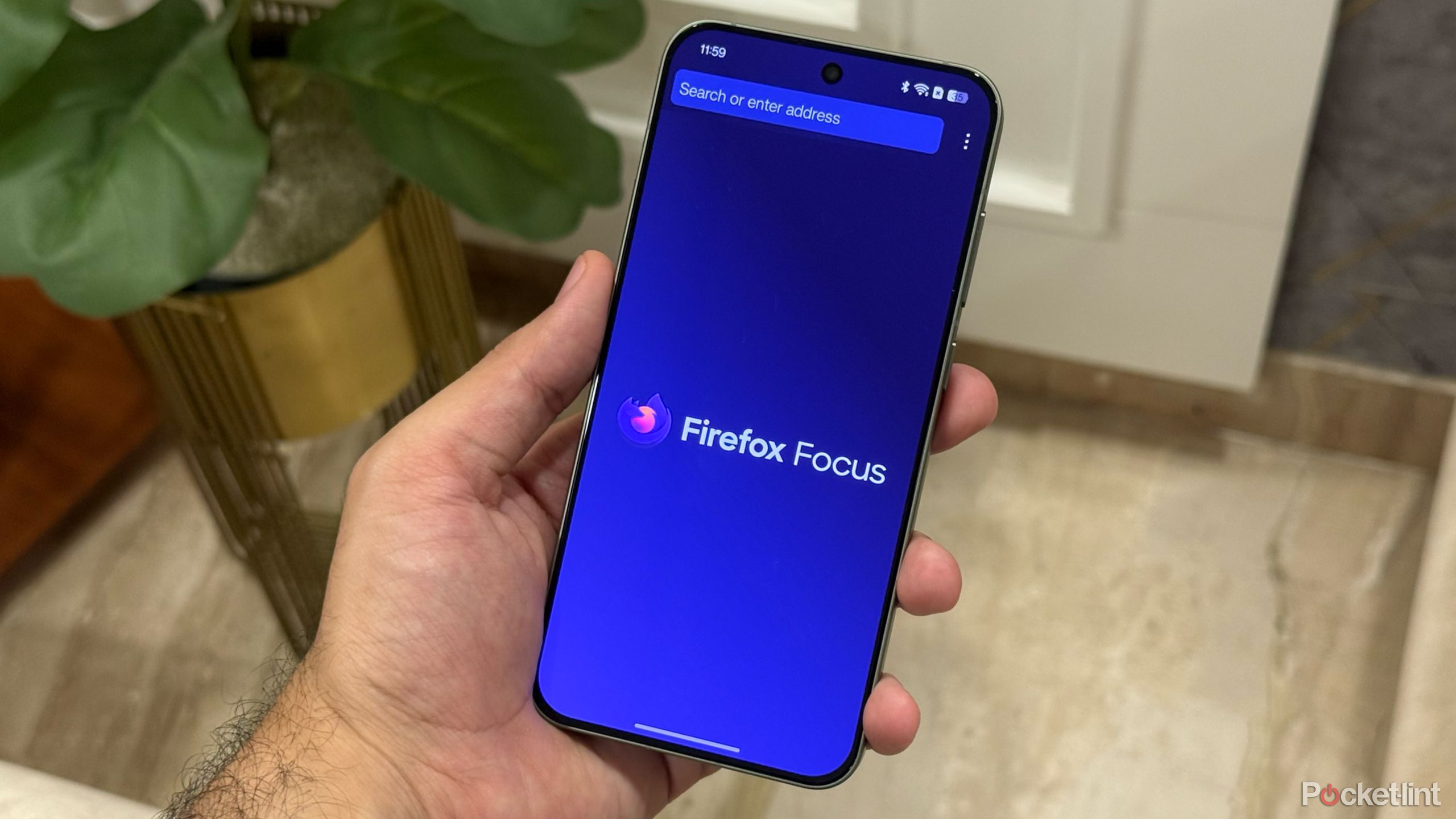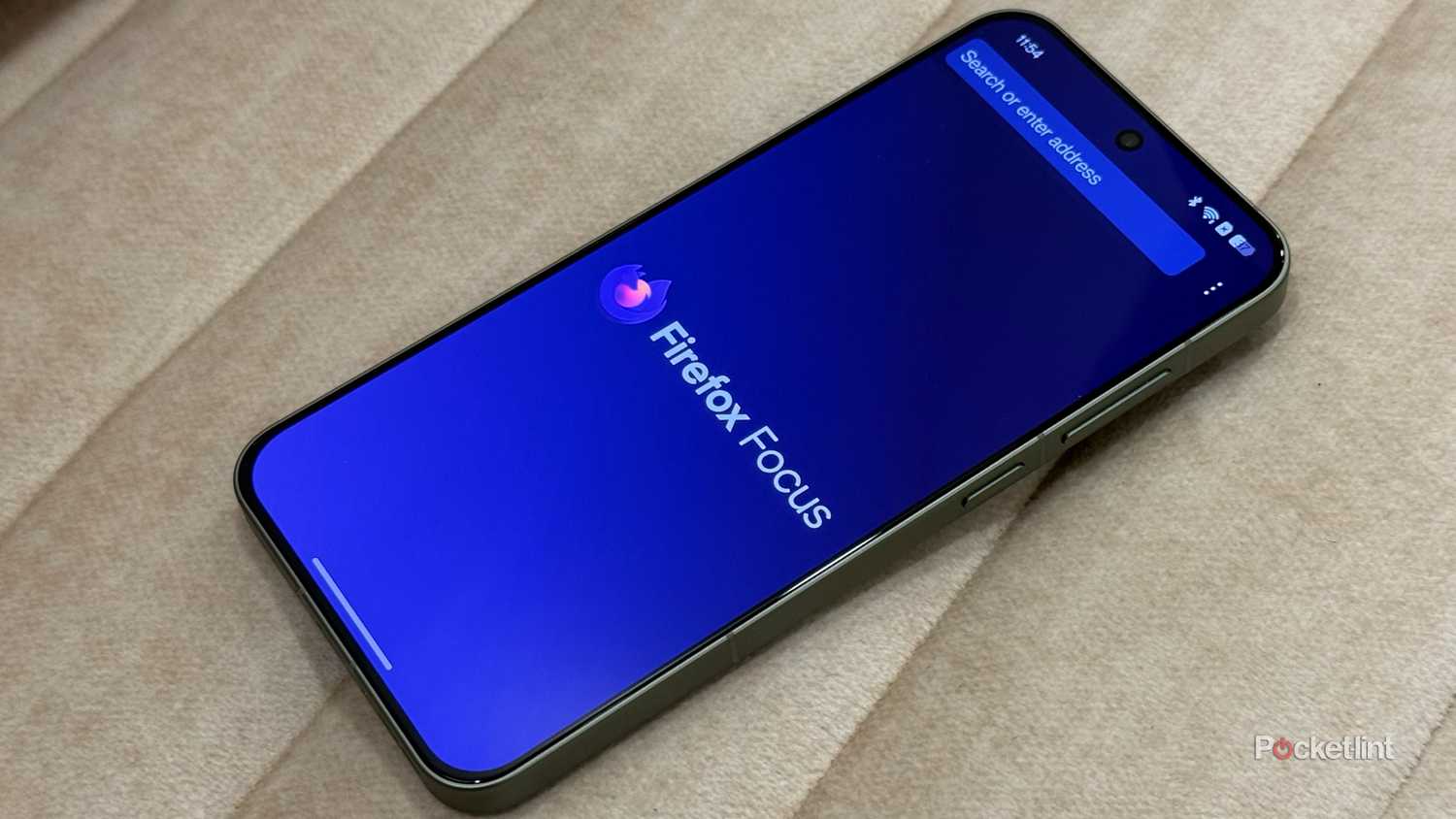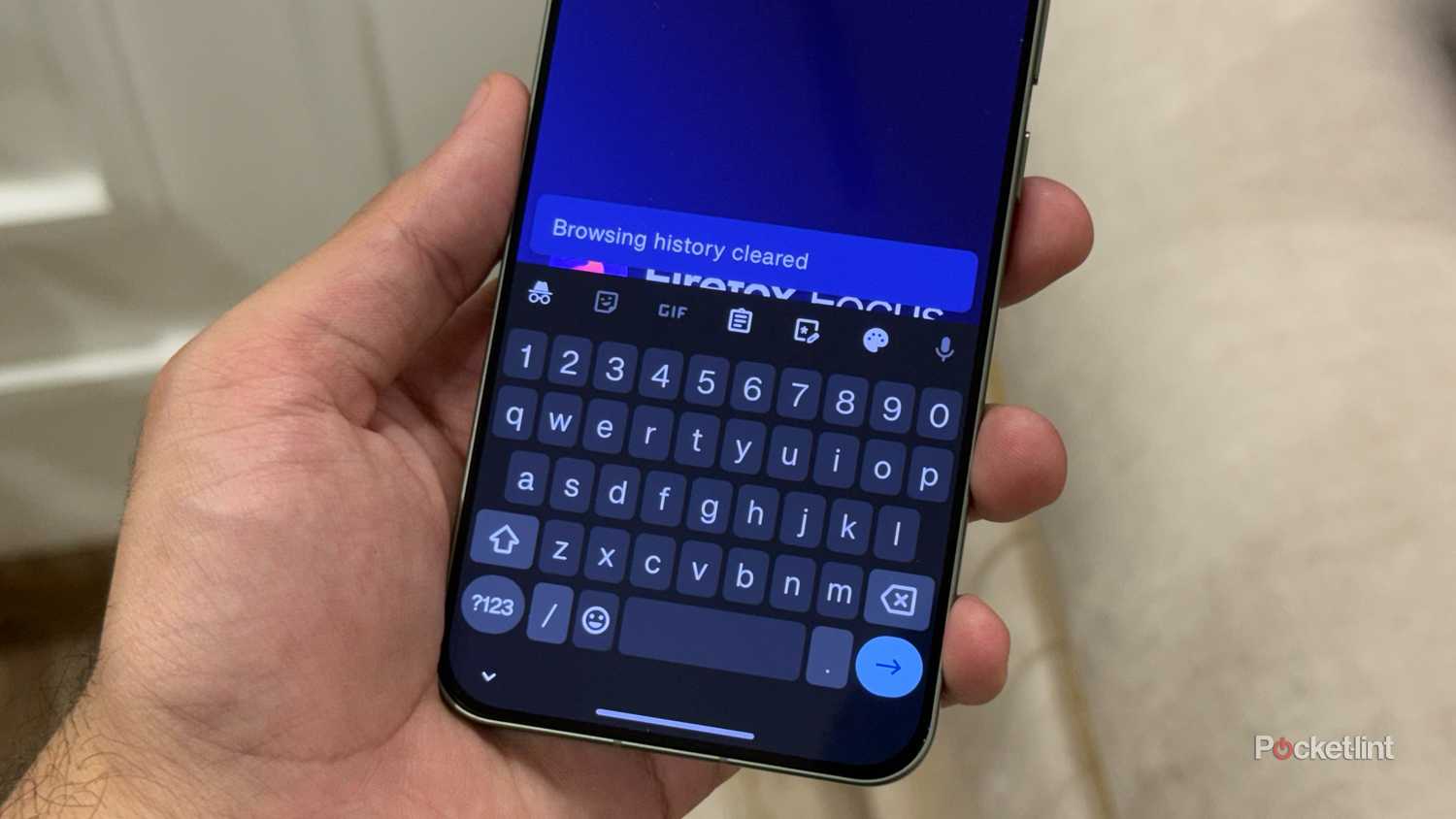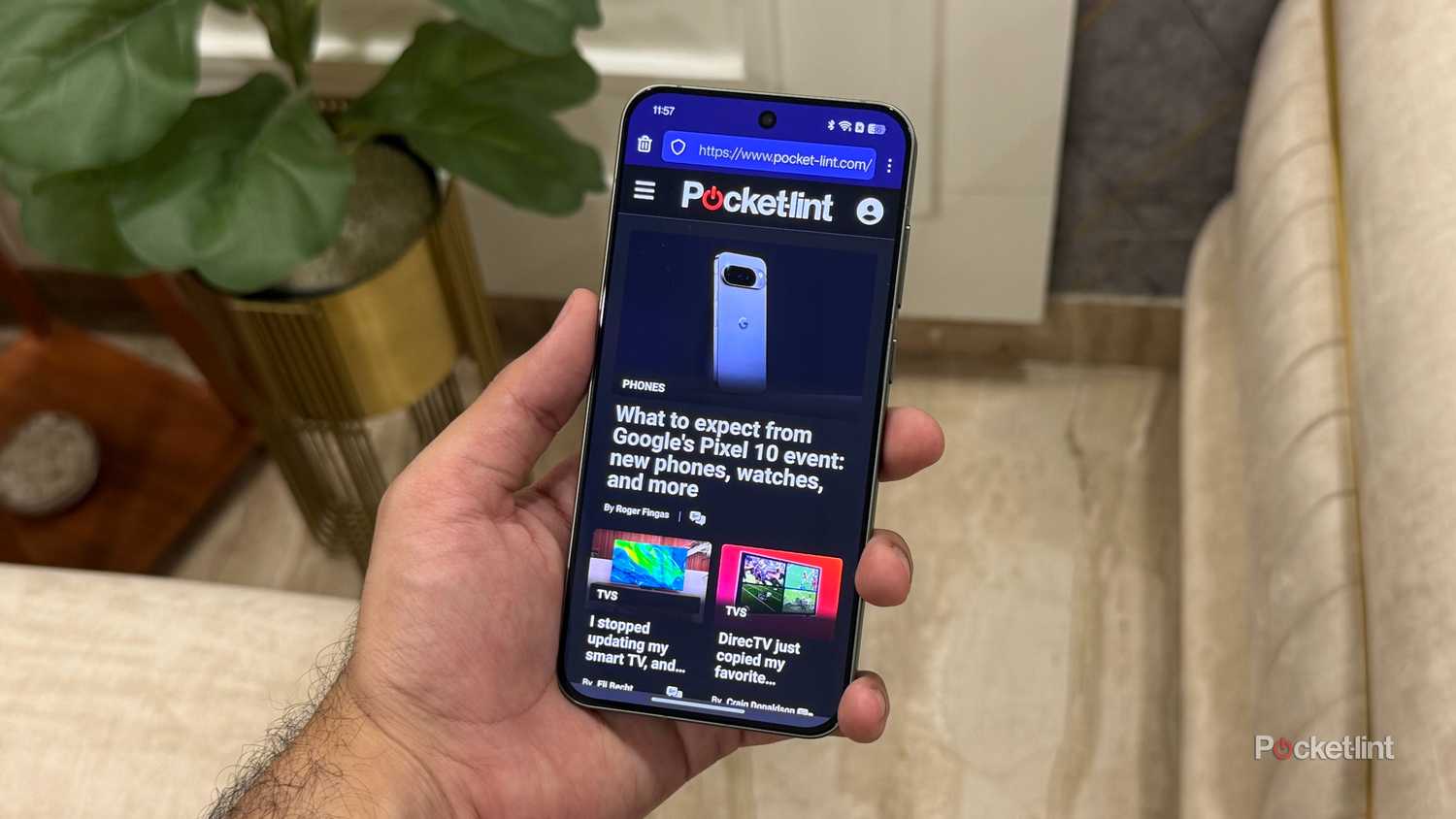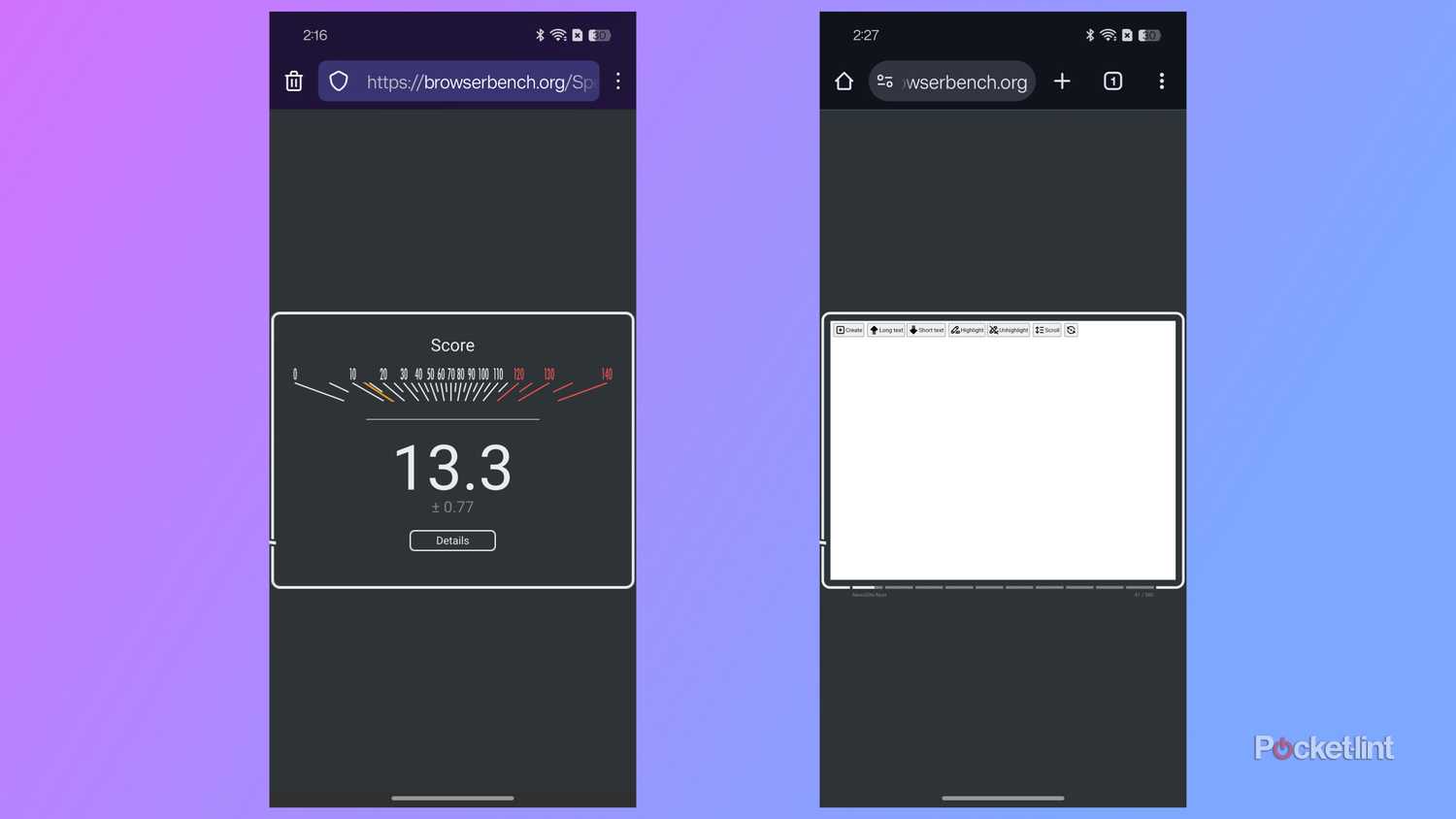Summary
- Firefox Focus prioritizes privacy by blocking trackers, ads, and cookies for a safer browsing experience.
- The minimal and distraction-free interface of Firefox Focus provides a calm and efficient browsing environment.
- Firefox Focus uses fewer resources, offering smoother performance, faster loading times, and efficient memory usage compared to Chrome.
Google Chrome is everyone’s go-to web browser on both smartphones and desktops. And why shouldn’t it be? It’s available on all platforms, has an easy-to-use interface, helps you stay updated with the Discover section, and offers password management and seamless syncing across devices.
I was in the same boat. The first thing I installed on my new MacBook was Google Chrome, and it came pre-installed on my Pixel 9 Pro as well. However, I’ve since stopped using Chrome on my Pixel in favor of a different browser I decided to try, and that is Firefox Focus. Here’s why I now prefer it on my Android phone over Chrome.
5
Firefox Focus gives me unmatched privacy protection
Google Chrome just doesn’t feel this safe
While Chrome is easy to use and Google has added more privacy tools over time, it’s still a Google product. That means your online activity is tracked, cookies are collected, and data is shared with third parties. Firefox Focus, however, takes a very different approach.
By default, Firefox Focus blocks a wide range of trackers. This not only removes ads and ad-related trackers but also blocks social trackers and analytics trackers from companies like Meta (Facebook) and Google.In Chrome, these trackers are allowed by default. On Firefox Focus, you’re free from them the moment you start browsing. Of course, you can change the app settings if you want certain trackers enabled, but the default is strict blocking.
Beyond ads, analytics, and social trackers, you can also block JavaScript and cookies — both of which have been tied to tracking and even exploits in the past. I love how upfront Firefox Focus is about privacy. You don’t need to install third-party add-ons like you need to on the standard Firefox browser for Android or tweak DNS settings to get rid of the trackers. You get a privacy-first browsing experience right out of the box.
4
Minimal and distraction-free interface
Browsing feels lighter and calmer
On Google Chrome, you’re greeted with a cluttered interface: your most-visited sites up front, the Google search bar with tools like voice search and Google Lens, and an endless Discover feed below it. While these features may be useful for some, I find the interface unnecessarily busy for a web browser.
Firefox Focus, on the other hand, offers a minimal layout. There’s just the address bar at the top and a three-dot menu for settings, and that’s it. The app doesn’t have any bookmarks, suggested sites, tabs, news feeds, or extra distractions.
There is an option to add shortcuts to your favorite websites on the main page, but by default, Firefox Focus is built to get you straight into browsing without wasting time.
3
Erasing browsing data is as simple as one tap
Privacy really is just a tap away
By default, Google Chrome tracks all the websites you visit and lets you save passwords to its Autofill service. While handy, it becomes a chore when you want to move away from Chrome. You have to manually delete your browsing history, passwords, bookmarks, and more.
Firefox Focus simplifies this with a single tap. During any browsing session, the app displays a prominent delete button at the top left. Tapping it instantly clears all stored data, including browsing history and everything else.
2
Lower resource usage means my phone runs smoother
Chrome often felt far too heavy
One of the biggest reasons I don’t like Chrome on Android (or even desktop) is that it hogs far too many resources, like memory and CPU. That’s expected, of course. Chrome has a lot of features to manage, and running them all requires heavy resource usage.
Firefox Focus, as seen in the photos above, is a pretty bare-bones yet privacy-focused browser. It uses significantly less RAM and processing power. For comparison, the Chrome app on my OnePlus 13s takes up a massive 1.81GB of space, while Firefox Focus stays under 100MB.
This makes a huge difference in day-to-day use. Firefox Focus loads quickly, avoids unnecessary bloat, and keeps websites in memory when switching between apps. Plus, I’ve noticed that the app runs just as smoothly on older or less powerful devices as it does on flagships.
1
Speed that makes web browsing feel snappier
Chrome simply can’t keep up here
Building on that, having fewer features also means better performance compared to Chrome. Websites load and render noticeably faster on Firefox Focus than on Google Chrome.
And don’t just take my word for it. I tested both Chrome and Firefox Focus using BrowserBench’s Speedometer 3.1. Firefox Focus scored 13.3, while Chrome couldn’t even complete the test. For heavy browsers like me, who notice even millisecond delays in page loads, Firefox Focus clearly offers a better experience.
Firefox Focus beat Chrome as my go-to mobile browser
And that’s not all. Firefox Focus also includes features you won’t find on Google Chrome, like preventing apps from opening links directly and instead forcing them into the browser. I also love the single-window, no-tabs interface, which keeps me focused without background distractions.
All things considered, I’ve thoroughly enjoyed using Firefox Focus over the past week, and I think I’ve found my go-to browser for the foreseeable future.

